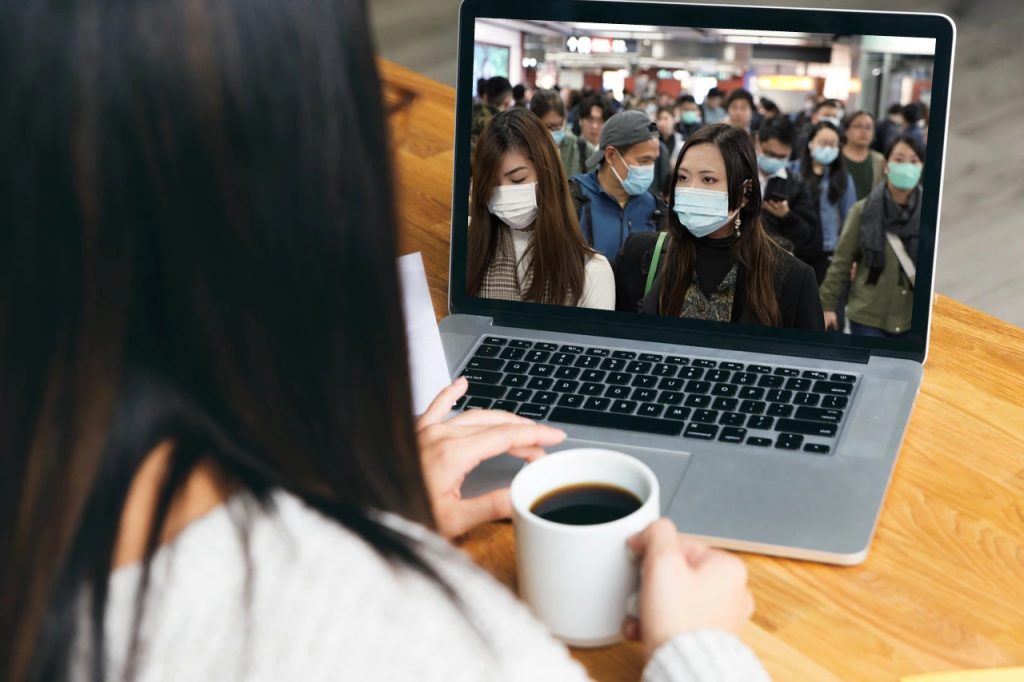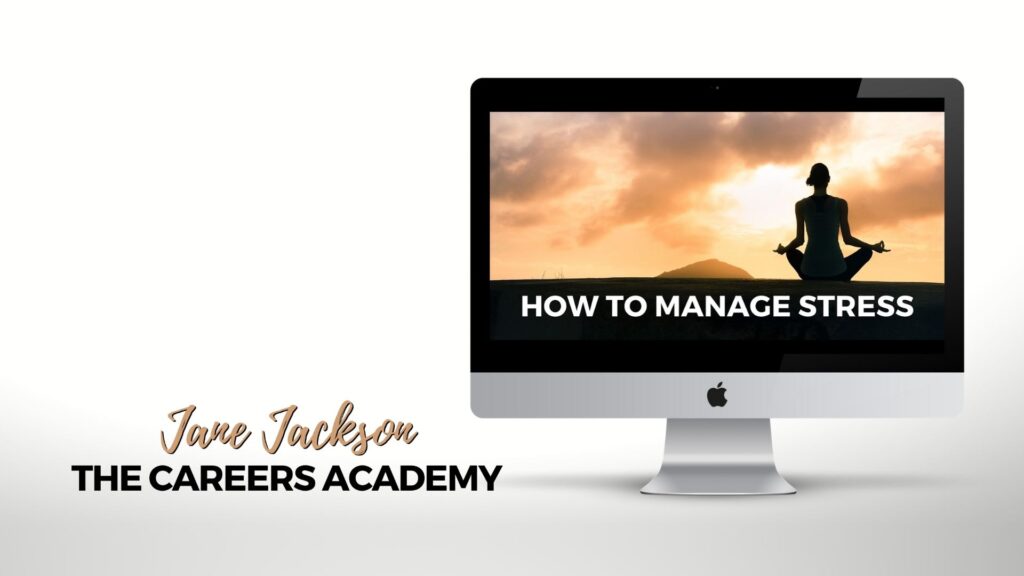Over the past year we have all observed the change in how people are reacting to the Covid-19 pandemic. My concern is how this is affecting businesses, individuals and their careers. The economic impact is huge, and the world is on tenterhooks as we watch the vaccination programmes roll out as the different Covid strains spread in new waves in different countries.

With more and more people now working from home due to necessity, many are fearful of what this means for their career, their jobs in the future, and the way the world of work is changing.
So many are feeling isolated in their homes, and now the experts are talking about the psychological impact of self-quarantine, as they know that self-isolation can lead to anxiety, PTSD (post-traumatic stress), depression and even public anger as the period of concern stretches on …
Behavioural scientists advise on the effects of coronavirus during self isolation
[Read the original article in The Guardian 14 March 2020]
Experts look at role of psychology in public responses to idea of quarantine
As epidemiologists work round the clock to calculate the mortality rate of Covid-19, its ease of transmission and other vital statistics, a different group of experts are interrogating the role that human psychology could play in the unfolding pandemic.
The government’s new measures, its experts said, took into account these behavioural factors, such as the potential for “fatigue” – the idea that public adherence to quarantines might wane over time.
The implied logic was that asking less of the public this week could buy greater compliance down the line, when it is most crucial. Factors such as the potential for loneliness and stress in isolation were also considered.
Prof Susan Michie, director of the Centre for Behaviour Change at University College London and a member of the government’s advisory group, the Scientific Pandemic Influenza Group on Behavioural Science, said these assumptions are in part based on observations of human behaviour during past pandemics.
The body of research included a rapid review published in the Lancet last month on the psychological impact of quarantine, which found that self-isolation can lead to post-traumatic stress, anxiety, depression and public anger.
Indefinite quarantines with no well-defined end point – such as those imposed in Wuhan – risk having the most negative side-effects, the paper suggested, recommending that quarantines be restricted to the shortest time period possible and that the public be given a clear rationale for such measures.
Other influential research includes a paper by the Economic and Social Research Institute in Dublin on how to harness behavioural science to fight the coronavirus. It found that extending isolation periods beyond initial suggestions risked demoralising people and increasing noncompliance. “Thus clarity and certainty about timelines are both important,” the paper concluded.Q&A
How can I protect myself from the coronavirus outbreak?
The term “fatigue” conjures up middle-class sacrifices, such as feeling cooped up at home and being unable to visit friends or shops. But for some there are harsher realities that make compliance with extensive social distancing measures – like those employed in Italy – more difficult. So providing community-level practical support, as well as getting people to buy into public health advice, is crucial.
“There are so many communities at the margins in terms of finance, who might not have enough food, whose homes are cold. I really haven’t heard enough detailed plans about that yet,” said Michie.
According to Michie, governments often use what is termed the COM-B model of behaviour change, which states that in order to arrive at a particular, desired behaviour, people need to have the requisite capability, opportunity and motivation (COM).
“Unless you can tick all three of those, the behaviour is not going to happen,”
Professor MIchie
The three essential ingredients can also be interlinked, she said. “People will accept losing things and making sacrifices if there’s equity. People need sick pay at a decent rate from day one, otherwise the inequalities could get greater and we want them to be reduced so people feel we’re all in this together.”
To gauge public opinion in the current pandemic, Michie said, the Department of Health had conducted weekly surveys looking at attitudes and awareness, with input from behavioural and psychological scientists. “That’s feeding into the government [decisions],” she said. “From the surveys, some people are worried, but some people are not that worried and are not changing their behaviour. There’s a real mixture out there.”
Against a backdrop of public ambivalence, expecting people to recede into prolonged quarantines might prove ineffective. “The more concerned you are, the more likely you are to adhere to it,” Michie said. “If a big bunch of the population is not that concerned and you’re asking people to sacrifice quite a lot, it won’t be as effective if those two things are well-matched.”
The government may also be factoring in spontaneous changes in behaviour, such as businesses allowing people to work from home, which have not required government intervention.
“We’re having change instigated at lots of different levels of society,” said Michie. “That’s great, because we’ll move as a whole. If you have a very top-down approach, you can build up resentment and lose people.”
Michie said that while she was aware of some psychological evidence that is likely to have informed government decisions, she, and others, would like greater transparency about the evidence base.
“It would be really helpful if they explained why we’re not going further down the road of cancelling big events and so on,” she said. “We do know that transparency is really important for trust. And trust is really important for adherence.”
Please take care of your mental and physical health during these uncertain times. During the Coronavirus outbreak, I’m offering my How to Manage Stress online program for FREE (RRP US$97). Click the link below for the coupon code to get it now. Share this offer with your friends or family who may need it too. Stay safe, stay well.


